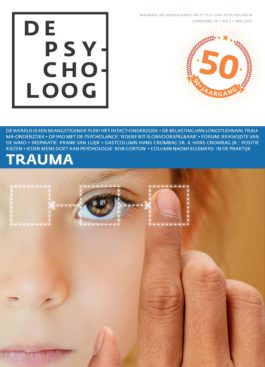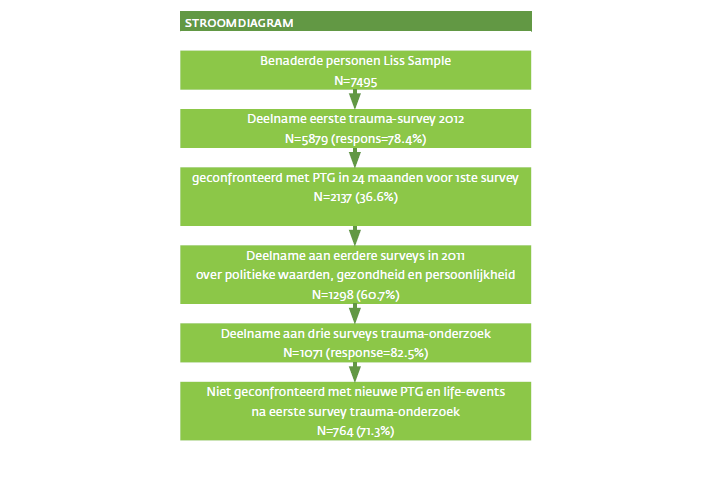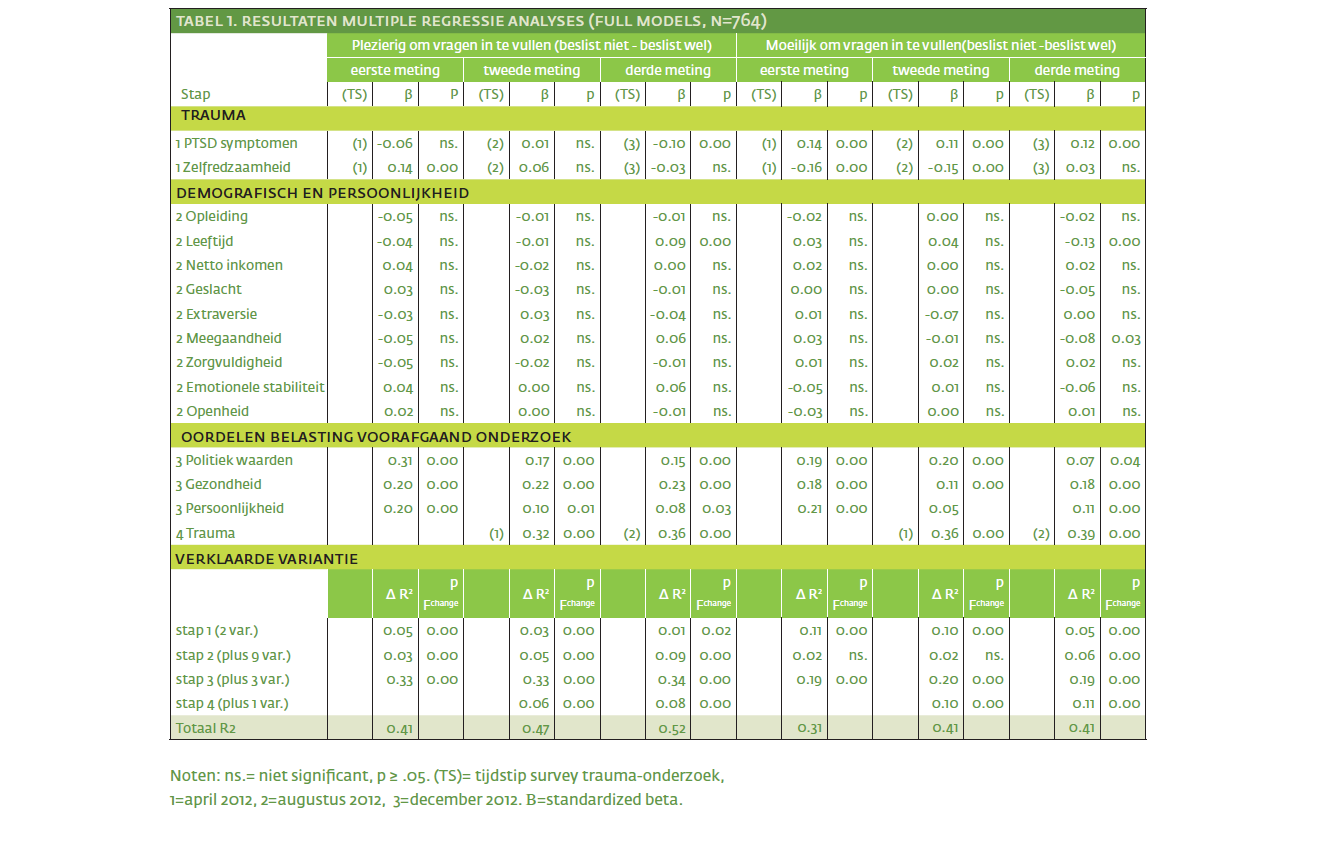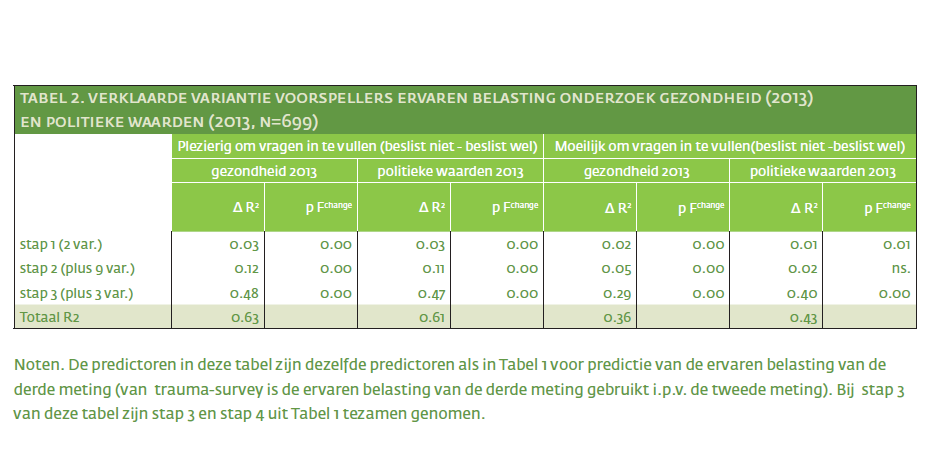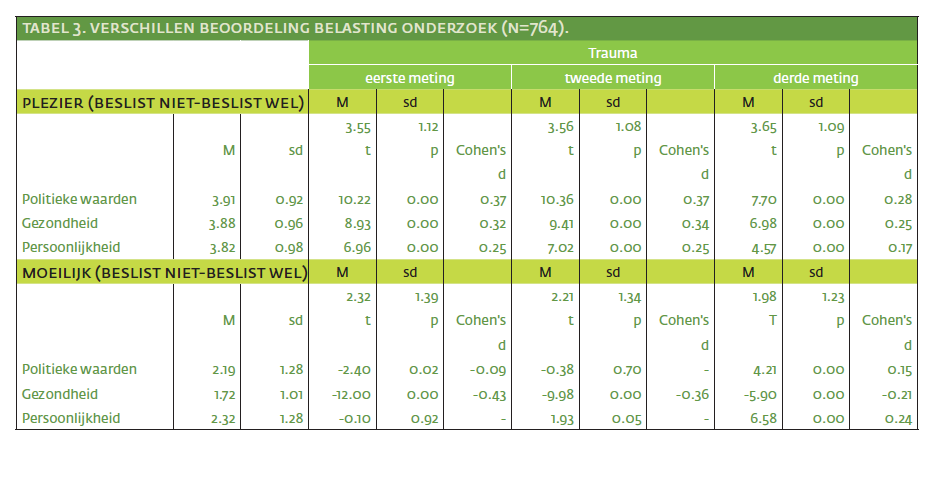Binnen de psychologie, variërend van de organisatie-, sociale tot de gezondheids- en klinische psychologie, wordt voor empirisch onderzoek veelvuldig gebruik gemaakt van schriftelijke vragenlijsten, interviews en registratiegegevens. Wanneer dergelijk onderzoek observationeel van aard is1, dan valt betreffend onderzoek bij (wilsbekwame) volwassenen in principe niet onder de reikwijdte van de Wet Medisch-wetenschappelijk Onderzoek2 (WMO). Dit zou moeten betekenen dat voor dergelijk onderzoek geen toestemming van een Medisch- Ethische Toetsingscommissie (METC) nodig is. Echter, de praktijk toont dat METC’s daar zelf anders over denken en beslissen. Volgens de Centrale Commissie Mensgebonden Onderzoek (CCMO), waar de METC’s onder vallen, is dat toegestaan. Die commissie stelt namelijk ‘Wilt u echter ingrijpende, belastende of intieme vragen aan de proefpersonen voorleggen, bijvoorbeeld over seksueel gedrag of psychisch welbevinden? Of is de proefpersoon veel tijd kwijt met het beantwoorden of invullen van vragen? Dan kan het onderzoek wel weer onder de WMO vallen’ (CCMO 2014)3.
Er is dus een
